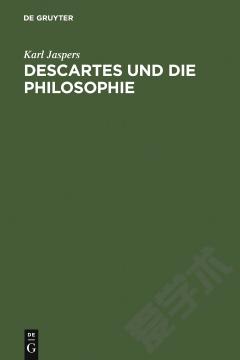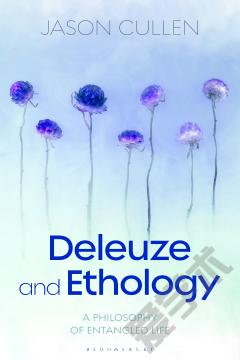Descartes and the Ontology of Everyday Life
Far from being the founder of an austere reductionism, Descartes is committed to a rich, multilayered, and complex metaphysics. This book begins by locating Descartesâs work against the ancient and medieval background to which he is reacting. It proceeds to argue that his theory of distinctions requires what he explicitly endorsesâthat in addition to minds and modes, there are material substances of every size. These substances when appropriately configured form automata, self-sustaining, functionally integrated systems of which animals and human bodies are important sub-classes. Descartesâ conception of function, which is crucial to his characterization of these uniquely organized collections of matter, is shown to be compatible with his rejection of final causes in natural science, and gives him resources to account for composite beings which are not themselves substances. It is argued that besides automata, these composites include individual human beings, which are unions of minds and bodies individuated by minds. The unique modes which characterize the union, in particular, its passions, set the foundation for a social ontology that includes genuine social entities such as families and nation states. Societies are forged by individuals in acts of willing to join in union with others that Descartes takes to be of the essence of love. The result is a picture of Descartes very different from the myths that have come to surround him.
{{comment.content}}








 京公网安备 11010802027623号
京公网安备 11010802027623号